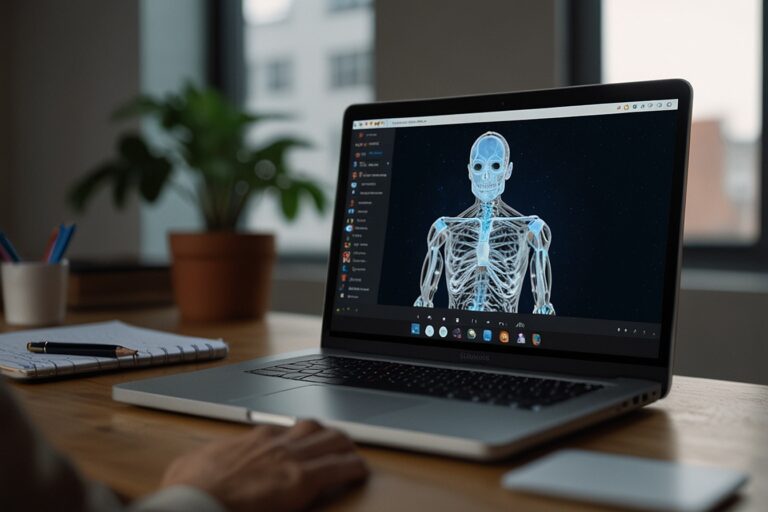
TL;DR:
- Google, Amazon, OpenAI, Anthropic, and Apple to co-develop U.S. digital health tools.
- Focus areas: data sharing and patient-centric AI-driven platforms.
- 60+ firms involved; results expected by early 2026.
- Initiative aims to streamline healthcare access and reduce paperwork.
Tech Industry Backs Government-Led Health Innovation
In a significant move toward reshaping the American healthcare infrastructure, the Trump administration announced on Wednesday that it has secured formal commitments from Big Tech leaders — including Google, Amazon, OpenAI, Anthropic, and Apple — to jointly establish a national digital health ecosystem.
The effort, supported by over 60 technology and healthcare firms, is designed to address two longstanding challenges: enabling secure, seamless data sharing between providers and patients, and deploying intelligent, personalized tools to help users better manage their health.
Two Key Focus Areas: Interoperability and AI-Powered Patient Tools
The program has outlined two core pillars for development:
1. Interoperable Data Exchange
Creating a framework that allows providers and patients to access and share medical records securely, with minimal friction. This includes pushing for compliance with national standards for health data formats and transfer protocols.
2. AI-Powered Tools for Patients
Developing consumer-facing applications to manage chronic illnesses (like diabetes or obesity), utilize AI assistants to perform everyday health tasks — from symptom checking to appointment scheduling — and digitize common administrative functions to cut paperwork burdens in clinics and hospitals.
These ambitions are backed by the rapid progress in large language models (LLMs) and generative AI systems that can contextualize user inputs and adapt to personalized needs.
Cross-Industry Participation Signals Shift in U.S. Healthcare Infrastructure
The Trump administration’s plan marks one of the most coordinated efforts yet to digitize U.S. healthcare, an industry long plagued by fragmented records and legacy systems. According to Bloomberg, both Democrat and Republican lawmakers have previously pushed similar initiatives — but lacked the technological maturity seen today.
With more than 60 organizations already enlisted, including startups, hospital networks, and enterprise tech vendors, the groundwork is being laid for public-private prototypes to roll out in phases. Deliverables from the coalition are expected in early 2026.
Digital Health Initiative Overview
| Key Stakeholders | Area of Focus | Timeline | Source |
| Google, Apple, OpenAI, Amazon, Anthropic | AI-assisted health apps, interoperable health data systems | Results expected early 2026 | Bloomberg |
Long-Term Goals: Health Equity, Speed, and Automation
While full technical specifications have not been disclosed, the overarching goals include:
- Reducing medical errors through better access to real-time data.
- Improving health literacy via user-facing digital companions.
- Automating low-value, high-cost administrative tasks.
By engaging AI leaders such as OpenAI and Anthropic, the program hopes to deliver more conversational, accessible tools that provide actionable insights rather than just raw data.
Conclusion: Tech + Policy = Modernized Healthcare
This public-private digital health initiative under the Trump administration signals a pivotal moment in U.S. healthcare reform. If successful, it could shift the narrative from fragmented and inefficient to data-driven, AI-assisted, and user-friendly.
With a 2026 rollout in sight, all eyes are on Big Tech to deliver innovation — responsibly and at scale.






